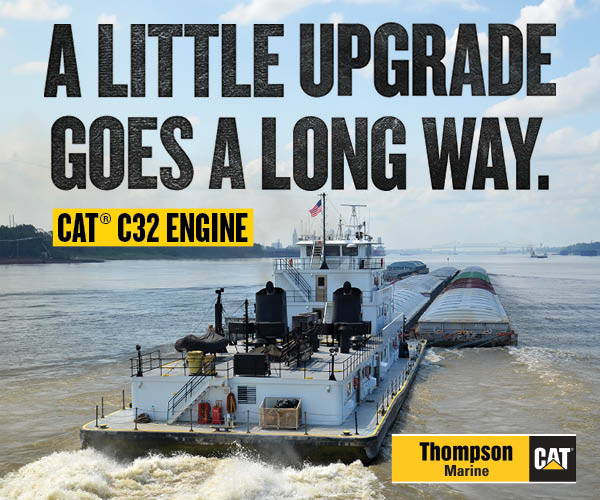Bi-Partisan Support for WRDA in Both Houses; Plenty of Dredging Conferences; 30 Years of Environmental Awareness
The Water Resources Development Act (WRDA) of 2010 is moving forward with bi-partisan support in both the House and Senate. Good news came in August when Barry Holliday announced that the House Transportation and Infrastructure committee had added wording to guarantee the use of all Harbor Maintenance Trust Fund (HMTF) monies for navigation projects. See the article in IDR Online about the Harbor Maintenance Trust fund.
The Senate Environment and Public Works committee held a hearing on the economic benefits of WRDA in May where Committee Chair Barbara Boxer and ranking minority member James Inhofe both spoke in strong terms of the benefits of WRDA for creating jobs and maintaining the nation’s water infrastructure.
Boxer stated that jobs creation is a priority of the Environment and Public Works committee and quoted a Corps of Engineers estimate that every billion dollars in federal investment in water resources projects creates approximately 26000 jobs.
“Investments in the nation’s water resources not only create and sustain jobs in the short term–they help us with economic recovery. They provide benefits to American families and businesses every day–including maintaining navigation routes for commerce reducing the risk of flooding and restoring precious ecosystems” Boxer said.
Inhofe was equally positive about the benefits of a WRDA.
He said “It took seven years to enact the last WRDA (2007) with detractors making two main arguments. First there were complaints that Corps projects are a waste of taxpayer dollars. I couldn’t disagree more. This year I again was ranked by National Journal as the most conservative Senator and I certainly take fiscal responsibility seriously. I firmly believe however that the two things the federal government should invest in are national defense and public infrastructure. Investments in infrastructure–including water resources infrastructure such as navigation channels ports flood control and hurricane protection measures–not only have short-term job creation benefits but more importantly they help bring about long-term economic development opportunities.”
With this kind of broad support there can be little doubt that these legislators believe what we in the industry know to be a fact–this bill will be good for the country. The addition of the HMTF language will ensure that funds will be available to carry out the projects authorized by WRDA.
A graphic example of the inequities in place regarding funding appears in this issue (page 15) where the Port of Houston executive director states that his port contributed $127 million to the fund last year and received $25 million for channel maintenance to accomplish a maintenance program costing $40 million.
The passage of WRDA with the HMTF wording that makes sure the harbor maintenance funds are properly allocated will end this kind of inequity.
LEARNING ABOUT DREDGING
There’s no excuse for anyone to be ignorant about dredging. In assembling the Events section for this issue I found that there are courses workshops and conferences all around the world led by some of the most renowned names in the industry. I added a page of descriptions of some of these and if you can’t attend proceedings may be available.
It’s also necessary to stay conversant with what has gone before regarding research equipment and techniques and for that reason I found the reports by members of the environmental panel part of the June Western Dredging Association conference particularly edifying. The theme was exploring the past 30 years of environmental research techniques and regulations and taken together the reports in this issue (page 25) are an excellent reference details of which can be further researched if needed.
Judith Powers
Editor



